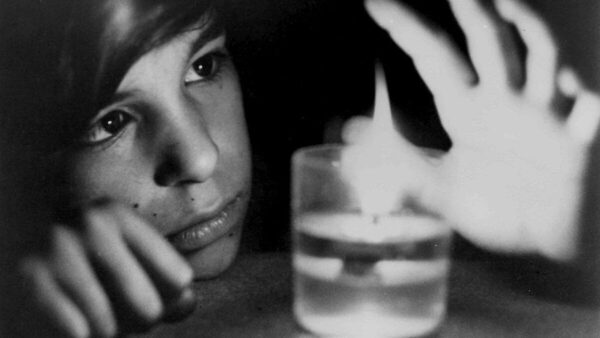The mystery of what exactly constitutes human nature seemed a step closer to solution when, in 1800, a young boy was found living without family or adult supervision in the wilds of the Aveyron in south central France.
To contemporary theorists of human behavior, the apparently fera
Today, what we’ve come to call the nature vs, nurture question may be no closer to a definitive solution than it was in 1800, but we’re still very interested in speculating about which aspects of human behavior we can properly assign to each category.
It may interest you to know that the world of wine has not escaped its own little tussle over the nature-nurture question, though perhaps on slightly different terms. The controversy has taken shape as wine makers have become increasingly strident in making claims about the degree to which their wine is the result, not of technique per se, but of natural processes in the vineyard and cellar which they do their best to remove themselves from.
What used to be thought and spoken of as craft may now be referred to as interference or manipulation. It seems that some practitioners are longing to discover a Wild Child of their own — to find a fountain of wine springing up of its own accord in a neglected corner of their estate, owing nothing to the hand of man, the purest conceivable expression of the natural conditions that gave it birth.
But even if such a fountain were to appear, there’s no reason to think that what issued from it would be either healthy or palatable. Nature has its own reasons for what it does, and they don’t necessarily include making us either safe or happy.
We admire, applaud and promote an approach to winemaking that gives nature its due, reveres its gifts of soil, sun, situation, plant biology and microflora and which shuns commodification, industrialization and — it goes without saying — falsification.
But let’s be clear that the contributions nature makes to wine, while necessary, are hardly sufficient. Wine does not and cannot make itself. Wine is a human invention, a product of culture, and, like all products of human ingenuity, may be well or less-well executed and both used and abused.
But if this leaves you, as it does me, with the feeling that this doesn’t quite do justice to nature’s fundamental contributions, you can always fall back on a formulation that has always seemed to me to get it about right: Wine is nature, nurtured.
